26 Aerospace Giants Unite Against Debris-Producing ASAT Tests
16th Nov 2023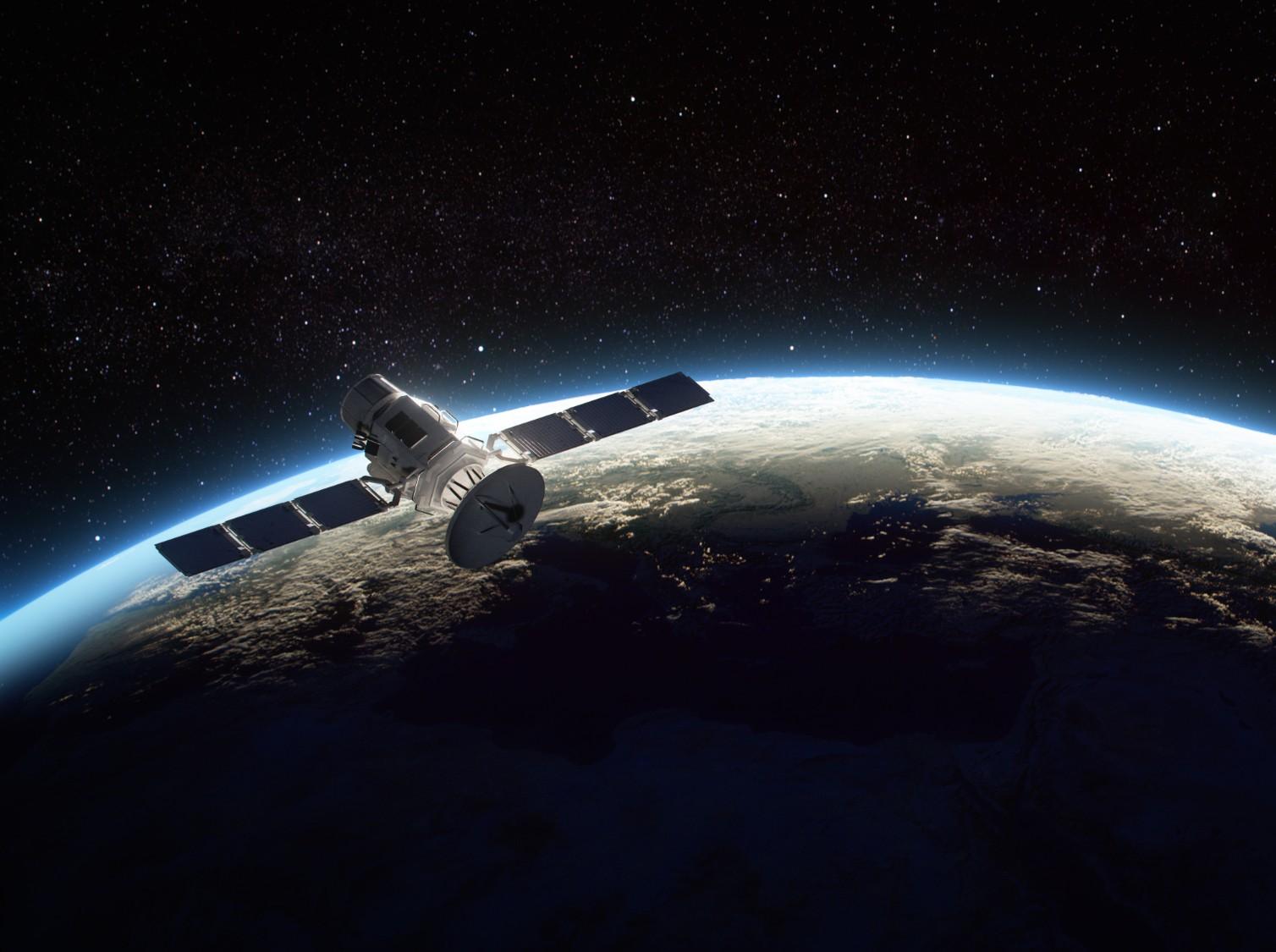
In a landmark move towards enhancing space safety and sustainability, 26 top aerospace companies from 10 countries have come together to condemn and call for the cessation of destructive anti-satellite (ASAT) testing. This collaboration, announced by the nonprofit Secure World Foundation (SWF), underscores the collective commitment of the private sector to foster a secure and predictable space environment.
Industry Giants Take a Stand
The joint statement, backed by industry leaders including Axiom Space and Planet, aims to curb direct-ascent ASAT tests known for generating hazardous space debris. These tests involve launching missiles from Earth to directly impact dead or dying satellites, posing a significant threat to national assets and commercial space activities.
SWF coordinated and facilitated the effort and released the statement yesterday in conjunction with a webinar featuring representatives from four of the companies: Astroscale Japan (Japan), Digantara (India), Planet (U.S.), and Axiom Space (U.S.).
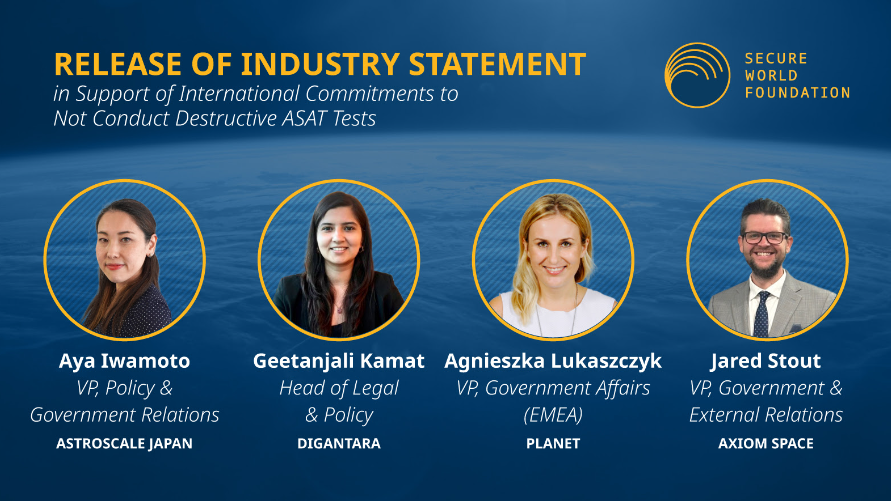
The initiative gained momentum in April 2022 when Vice President Kamala Harris vowed that the United States would not launch such tests. Subsequently, the U.S. introduced a resolution at the United Nations General Assembly in September 2022, urging other nations to commit similarly. To date, 37 nations, including major players like Canada, France, Germany, Japan, South Korea, and the United Kingdom, have joined the cause.
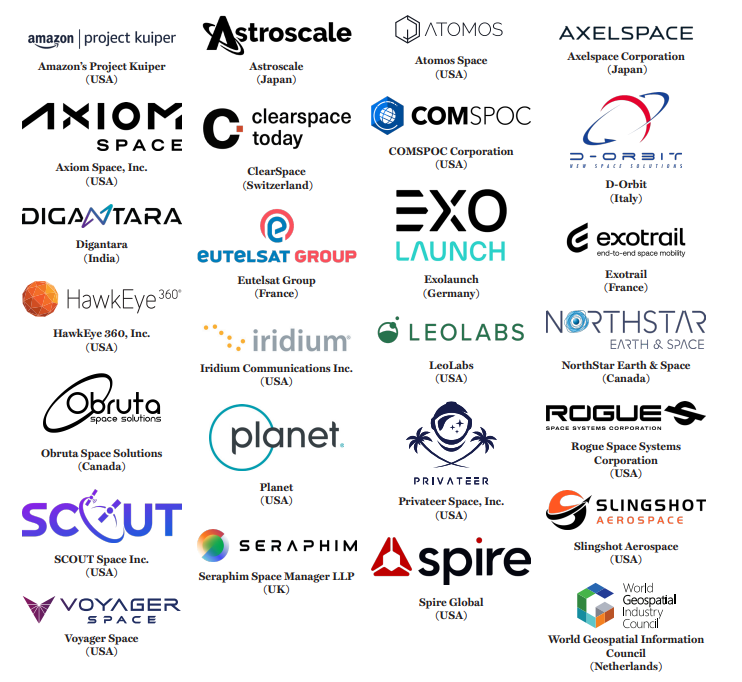
What Are DA-ASAT tests?
DA-ASAT stands for Direct-Ascent Anti-Satellite tests. These tests involve launching a missile or other projectile from Earth directly toward a satellite with the intent to destroy it upon impact. Unlike other forms of Anti-Satellite tests (ASAT), where the satellite may be targeted more indirectly, DA-ASAT result in a collision with the targeted satellite.
A typical DA-ASAT test launches a missile from the ground, a sea-based vessel, or an aircraft to intercept and destroy a specific satellite. The kinetic energy caused by the impact destroys the satellite, creating debris that flies away in random directions. Depending on the altitude of the interception, the debris can remain in orbit for years or decades, threatening other space objects, including crewed space stations.
SWF maintains a spreadsheet showing how many ASAT-related pieces of debris have been created over the decades and how many are still there.
ASAT Lessons from the Past
The dangers of ASAT tests became glaringly apparent in 2007 when China and, more recently, in November 2021, when Russia conducted such trials, significantly increasing orbital debris. The aerospace community, including major companies like LeoLabs, a satellite monitoring and tracking firm, has united against these tests, highlighting the need for international cooperation to ensure space’s long-term safety and sustainability.
Victoria Samson, SWF’s Director of Space Security and Stability, explained that the joint statement builds upon over 18 months of efforts to discourage countries from conducting ASAT tests that create space debris. The commitment is not only limited to governments. It also involves companies from diverse sectors, including communications, remote sensing, space situational awareness, debris removal, and commercial space stations.



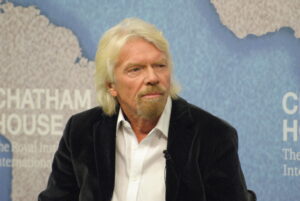
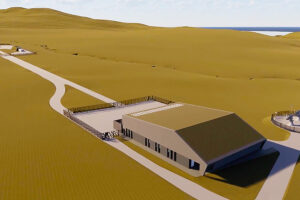

Thank you for your comment! It will be visible on the site after moderation.